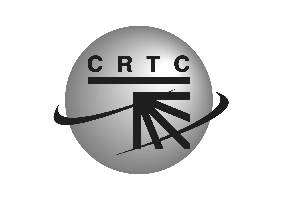Rogers offers conditional support for BCE/CTV takeover

Rogers Communications supports rival BCE’s $3.2 billion takeover of CTV, but not as a back-door way to introduce a so-called fees-for-carriage regime.
“This proceeding has reopened the issue of VFS (value for signal),” Phil Lind, vice chairman of Rogers said in his company’s brief to the CRTC as it considers the BCE takeover of CTV at upcoming hearings.
Lind argued CTV and Global Television have long argued for compensation by cable and satellite TV operators for carriage of their local TV station signals, so far without success.
The Rogers regulatory point-man insisted that, with national TV networks steadily being acquired by content distributors, “the rationale for this (VFS) fee is no longer evident.”
Lind pointed to Shaw Communications’ recent takeover of Global Television, Groupe Videotron running TVA Group and the pending deal for CTV by BCE as evidence that each of the major TV networks were not “corporate interests that require subsidies from ordinary Canadian consumers.”
Rogers, in its CRTC brief, added that the economic recession that beset domestic broadcasters with a TV ad market downturn was “now behind us,” further reducing the need for industry subsidies.
The bottom line, Rogers told the CRTC, was BCE should hold true to its long-standing opposition to a fee-for-carriage regime, despite standing to benefit should one be introduced for takeover target CTV.
“Our support of the Bell application is conditional upon Bell continuing its previously articulated adamant opposition to the concept of VFS and not allowing the stations of the CTV network to seek to enrich themselves (and BCE) at the expense of Canadian consumers by participating in any future VFS regime,” Lind argued.

 The definitive CDN broadcast and production resource.
The definitive CDN broadcast and production resource.










